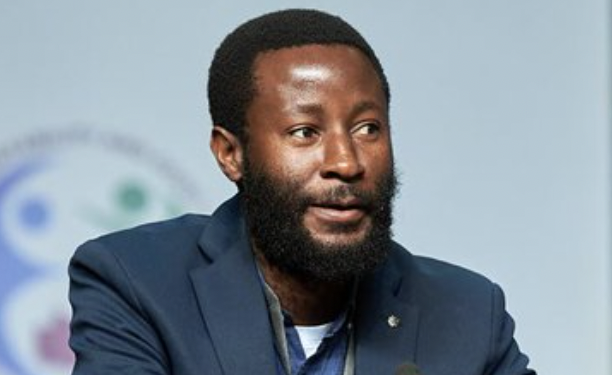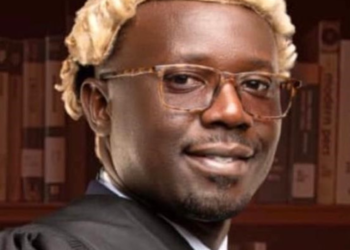IS IT YOUR MONEY?
…Don’t use cost as excuse for rushing amendments – Sishuwa
- The people are the ones who will pay for a widely consultative process
- Constitutional amendments should always be a product of broad-based consultation
- The key issue is, is there a need for it?
By Tony Nkhoma
YOU can’t rush Constitution amendments on the basis of cost because it is not a gift from the politicians in power to the people, historian Dr Sishuwa Sishuwa has said.
Dr Sishuwa said the United Party for National Development (UPND) should not say a wider consultative process was a cost because the people were the ones who paid for it.
He said Constitutional amendments should always be a product of broad-based consultation.
The current road map, he said, did not have that component of wide consultation.
“You can’t rush this exercise on the basis of cost, for example. First up, the Constitution is a product, a document that the people give those who are governing them. So, this is how we wish to be governed. So, you can’t say it is costly. The people are the ones who pay for this,” Dr Sishuwa said.
Speaking when he featured on Diamond TV programme Sunday, 2025, Dr Sishuwa said the proposed Constitution amendment legislative process by the UPND was wrong because it was lacking the body that ensured participation by the people who were the owners of the Constitution.
Dr Sishuwa expressed shock that for the time in the history of the country, government had embarked on a serious exercise which had abandoned a core element and component of public participation.
He said all stakeholders should come together, listen to one another on common issues within the Constitution to ensure that the document that was produced ultimately carried and enjoyed the legitimacy of all.
“The point is that for the first time, when you look at this exercise that we are embarking upon, we have abandoned a core element of constitution making, which is public participation or consultation. We always had a component of public participation,” Dr Sishuwa said.
He said there was need to have a wider public participation in the process before adoption and enactment.
Dr Sishuwa said the idea of amending the Constitution was in itself not bad if there was sufficient justification for undertaking the exercise.
Constitutions were products of human minds and it was normal to amend the constitution when there was a need to do so.
“So, I think that even as we embark on this new exercise, of course, the key issue is not that we are trying to change the Constitution. The key issue is, is there a need for it? Are there just reasons for the exercise to get back again? And I think, in my view, that’s the central issue,” Dr Sishuwa said.
He said Zambia has had Constitution review commissions which were formed to ensure that whatever decisions were made regarding proposals to the Constitution were a product of wider public participation.
“No one would define what is non-contentious, for example. That’s why it is important to always go back to the people and say, ‘what do you want the Constitution to be? Are you happy with the Constitution?’” Dr Sishuwa said.
He said it was always important to go to the people and say, ‘what provision of the Constitution do you think needs to be changed, and why?’ And the people would guide.
Government has released the amendments it wants made to the Constitution and a three-month road map for the process.
But both have been widely rejected by the opposition political parties, the law fraternity, the Church and civil society organisations which have argued that there is not enough time to subject the proposals to wide consultation before the 2026 general elections.
There have been suspicions that the UPND wants to use the process to increase its numbers in the House to pave way for the extension of the presidential term and removal of the 50 per cent plus one vote requirement for a presidential election candidate to be declared the winner.
Some of the proposed changes are adding a provision for the delimitation of constituencies, introduction of proportional representation in Parliament to increase the number of women, the youth and people with disabilities, increasing the number of nominated members of Parliament and doing away with by-elections.

























